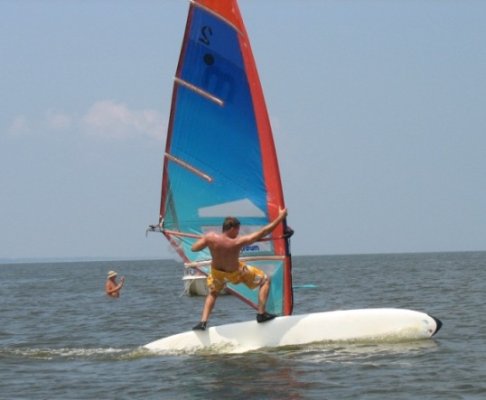Who here is a long-time exerciser?
I'm 32, and have been running pretty consistently since high school. However, I really overdid it on a long run/walk this past fall, and aggravated long-time minor aches and pains in my hip so much that I had to stop running for a while. It made me wonder whether it's really a good idea to do something like running (hard on the joints) for years and decades, or if that's just asking for trouble later on. My mom just had her second knee replaced, and she's only 57 and has never been overweight or done a lot of "pounding" on her joints.
Thankfully, I found a Dr to treat my hip, and a combination of "active release therapy" - great stuff! - and exercises that I do on my own has gotten my hip more pain-free than it's been in years. I asked him about the wisdom of continuing to run long-term given this hip problem and my mom's knees, and he said it's fine, plenty of people run well into their 60's and beyond. He also differentiated between problems with the muscles (what I had, fixable) versus problems with cartilage or bone (more serious).
Sure, I've seen 80-yr-olds at races, but were they running in their 20's? Are they just genetically lucky?
I'm 32, and have been running pretty consistently since high school. However, I really overdid it on a long run/walk this past fall, and aggravated long-time minor aches and pains in my hip so much that I had to stop running for a while. It made me wonder whether it's really a good idea to do something like running (hard on the joints) for years and decades, or if that's just asking for trouble later on. My mom just had her second knee replaced, and she's only 57 and has never been overweight or done a lot of "pounding" on her joints.
Thankfully, I found a Dr to treat my hip, and a combination of "active release therapy" - great stuff! - and exercises that I do on my own has gotten my hip more pain-free than it's been in years. I asked him about the wisdom of continuing to run long-term given this hip problem and my mom's knees, and he said it's fine, plenty of people run well into their 60's and beyond. He also differentiated between problems with the muscles (what I had, fixable) versus problems with cartilage or bone (more serious).
Sure, I've seen 80-yr-olds at races, but were they running in their 20's? Are they just genetically lucky?


